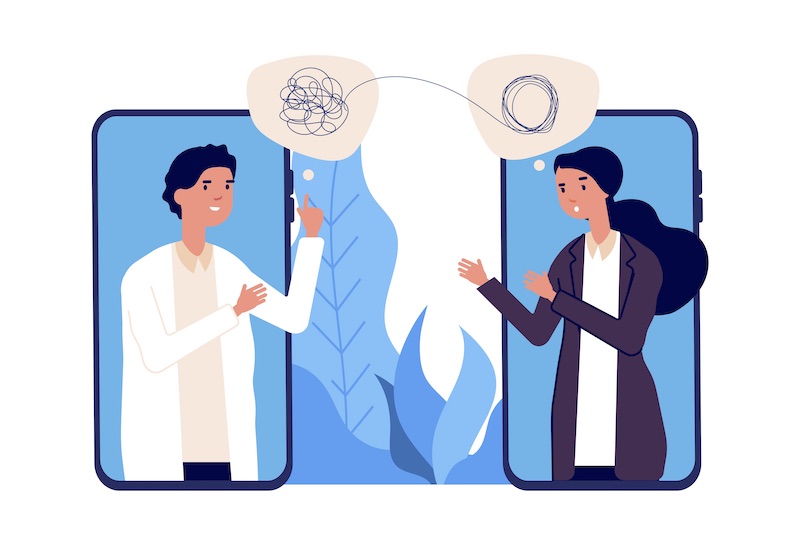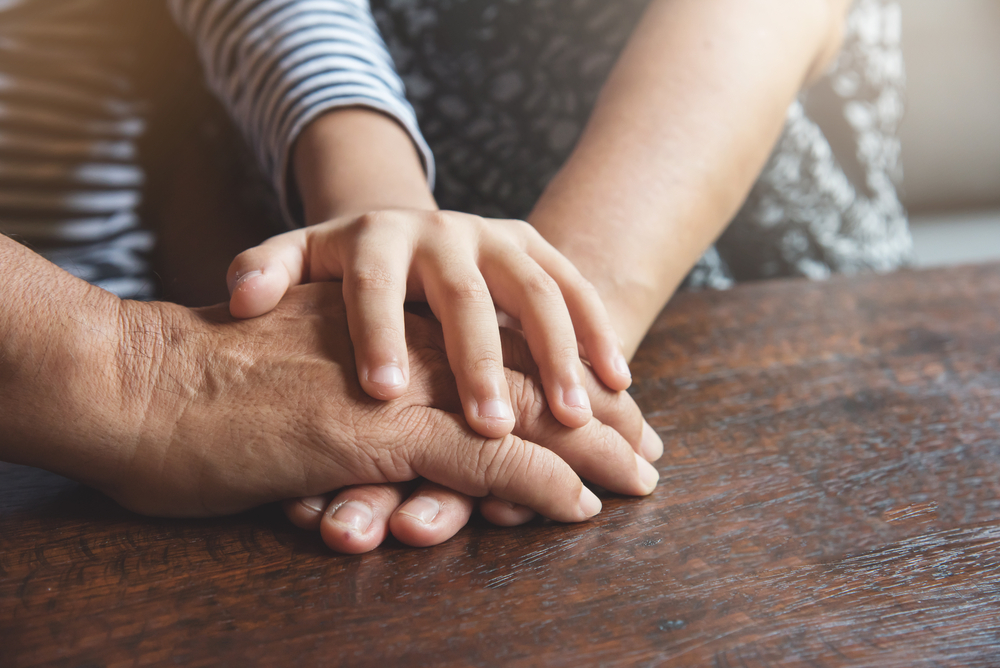Education
Rooted in Resilience: Join Us at the 17th Annual Muslim Mental Health Conference
The Institute of Muslim Mental Health (IMMH) will be at the MMH Conference. At the conference, Muslim mental health professionals and students can build connections and develop professional skills. Be sure to visit our table to learn about our mission, meet our team, explore our resources, and discover how you can contribute to Muslim mental health.
Read MoreYour Roar Was, and Will Always Be a Blessing
It’s a weird thing to ask myself to catalyze, again, what I have always been
A storyteller
I’ve learned that the resurgence of a poet’s poetics has more to do with kinetic rhythms put into practice
And looking a little closer in the mirror to see what your wrinkles say about you
And to tell the volumes of your life
In the faces of fear, who ask –
“What ill might befall the speaker if they are too vulnerable?”
“What wrongs could occur if we dare to tell the truth?”
Read MoreThe Dangers of Social Media for Children: An Islamic Perspective
In today’s digital age, social media has become an integral part of daily life, influencing how
people interact and consume information. However, for children, excessive social media use
poses significant risks to their physical, emotional, and spiritual well-being. As Muslims, it is
imperative to consider the impact of social media and take proactive measures to protect our
children from its harmful effects.
Suicide Postvention – Crisis Response Summary
Suicide is a human condition. As such, Muslims are not immune to mental health challenges, mental illness, and suicidal ideation. The Institute for Muslim Mental Health coordinated and hosted an emergency Meet the Expert Pro-Series webinar on Thursday, April 8th 2021 in response to a mental health crisis in the Muslim community. The Pro-series webinars are geared towards Muslim mental health practitioners and community faith leaders. This article summarizes the key learning points of Dr. Rania Awaad’s webinar presentation.
Read MoreMastering Mentoring Series Part Two: Traditional Versus Emerging Models
Mentoring is characterized by the bidirectional exchange of knowledge and skills to promote professional growth and personal gratification. Through meaningful partnerships in learning, Muslim mental health professionals are well equipped to support students, trainees, young professionals and peers. This article provides an overview of Mentorship, Coaching, and Supervision as conceptual learning frameworks supported by evidence-based literature.
Read MoreMastering Mentoring Series Part 1: Back to Basics
A successful mentorship is a partnership in learning – individuals committed to helping one another become fuller versions of themselves. It is a joint venture of sharing responsibility for learning. Good intentions, however, are not enough. Effective mentoring takes time; and in the mentor relationship, time is currency. Mentors donate time – time that could be used to pursue one’s own career goals or to install a new backsplash- to someone else’s career development. Incorporating mentor-specific time management techniques, aligning expectations, and clarifying boundaries gives mentors the ability and availability to contribute to the mentoring partnership in a meaningful way. Consistency, efficiency, and mutual benefit is the best way to ensure the mentorship enjoys a healthy, purposeful existence.
Read MoreCoping with COVID: Best practices for mental health professionals during the pandemic.
Who could have imagined that, a few short months into 2020, the world would come to a complete standstill? Businesses have closed down, schools are empty, but some of our homes are possibly more full than they have been in a long time. In addition to the many stressors faced by all people as a result of the quarantine, Muslims have faced additional challenges that are unique to them. As Muslim health care professionals, it is important to understand how to cope with these challenges during these unique times, as well as how to guide those seeking our help.
Read MoreTelehealth and COVID-19: The Dos and Don’ts
With the COVID-19 pandemic catching the world by surprise, physicians and other healthcare providers have had to find ways to continue providing patients with treatment, while also keeping patients safe from possible infection. This spans physical and mental health treatment providers and facilities. Furthermore, studies have shown American Muslims often do not seek mental health services due to stigma and discomfort with sharing their stories to “strangers”. Telehealth has become ever more important to help American Muslims and the general population access services.
Read MoreWho Helps the Helper? Initiating and Maintaining “Self-Care” for Muslim Mental Health Practitioners
While employees in various fields experience burnout, social service and mental health professionals are particularly vulnerable because of the high levels of empathy required by our jobs. We also experience the stress of working with clients who are often in crisis and working for agencies where resources may be limited. Our focus is to improve the quality of life for our clients while striving to ease their suffering, which can lead us to become emotionally and physically drained.
Read MoreFamily Youth Institute Suicide Kit: A Resource for the Muslim Community
Since the publication of The Family and Youth Institute (FYI) Suicide Prevention and Intervention Resources in September of 2017, over 6000 people have accessed the Suicide Prevention and Intervention Resources on the website and almost 25,000 have accessed them through social media outreach. Mosques and community centers are starting to address suicide and mental health issues in programming and Friday sermons. As Sheikh Yaser Birjas mentioned in a Friday sermon this past September, “We live in one society, we are not immune. Cultural shame leads people to feel isolated. There is no shame in seeking help. It is obligatory if you need help or know someone who does that you should seek it [professional help].”
Read More









